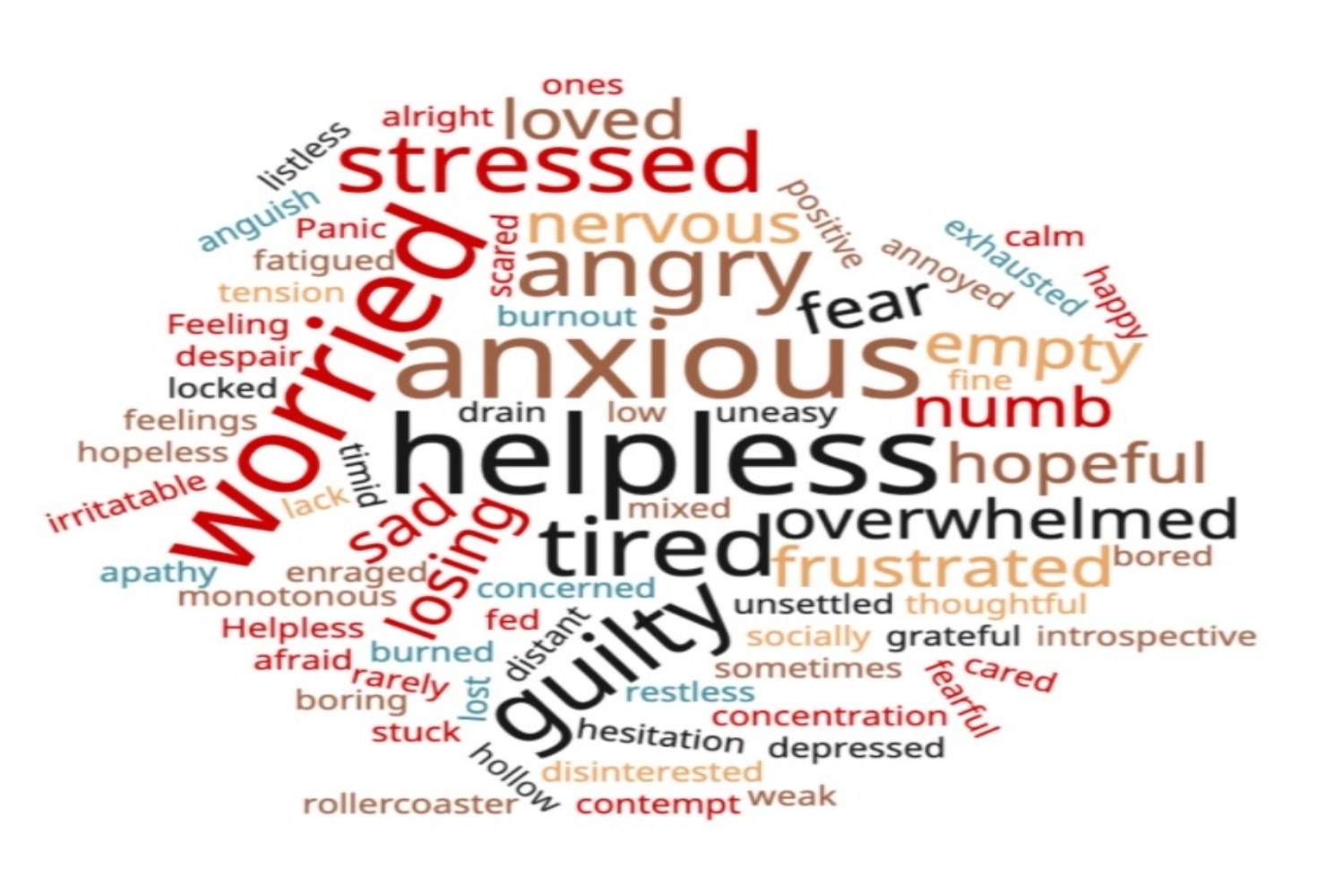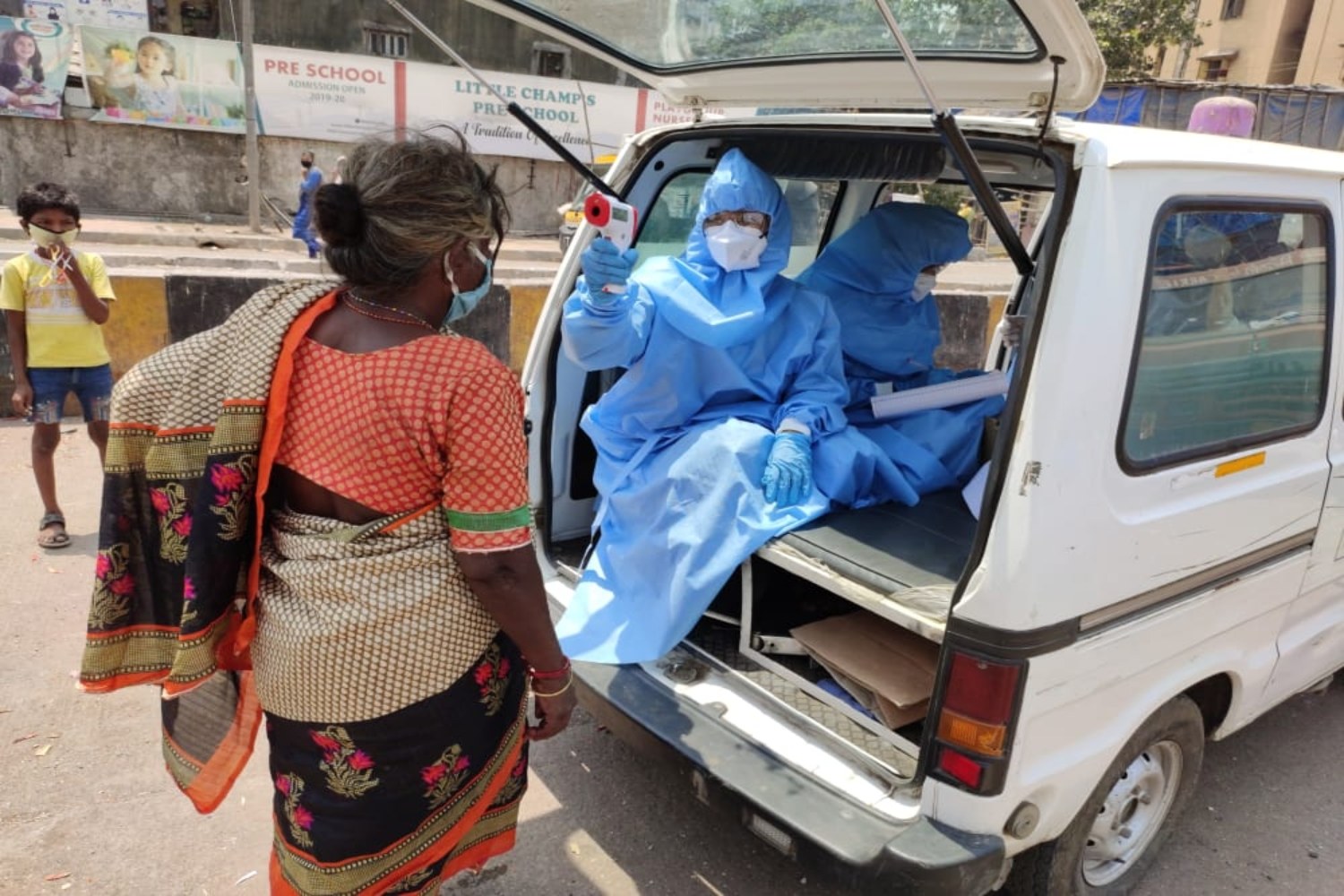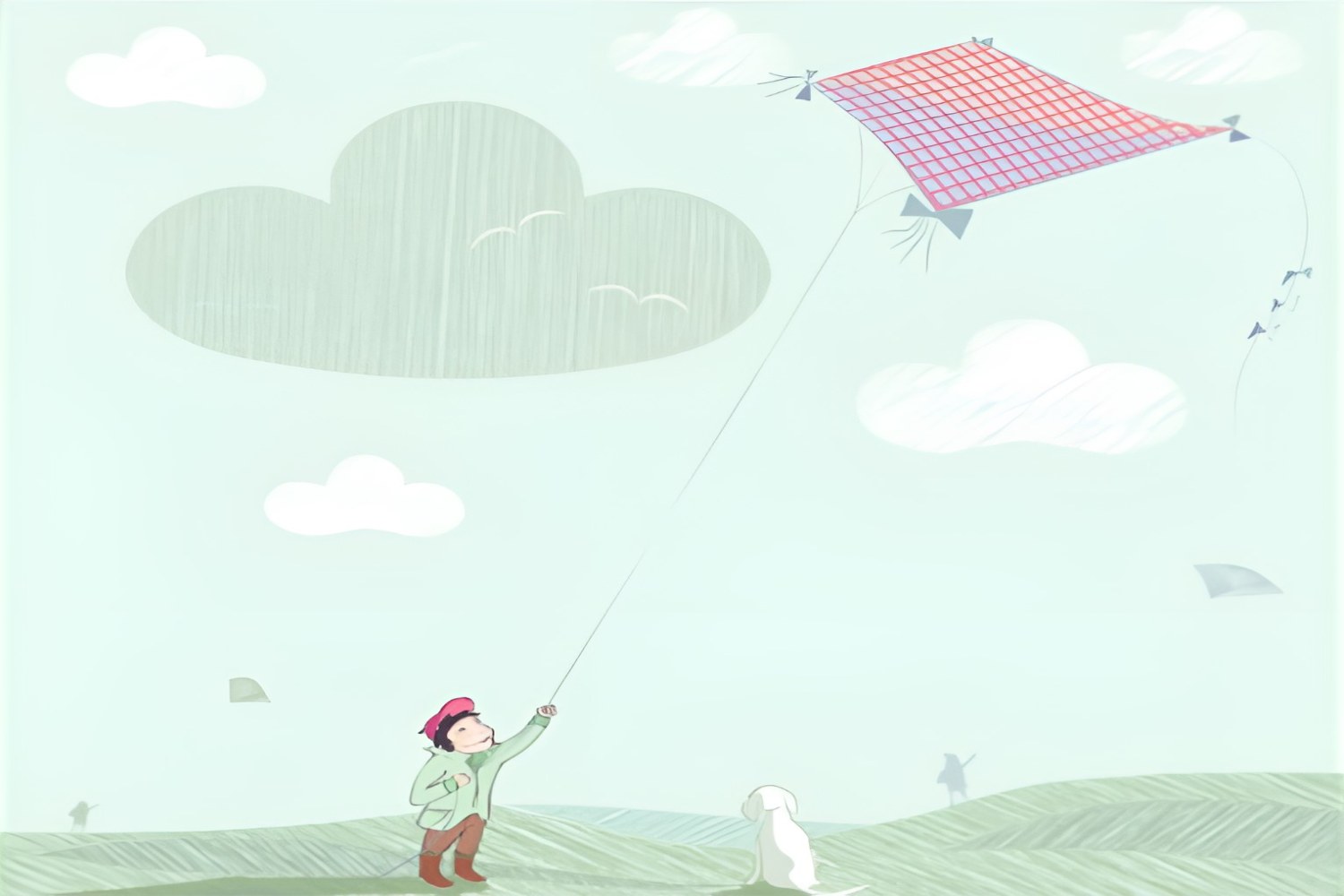Structuring care and well-being for our teams
The piece by Amrita Nair outlines organizational strategies for supporting mental health.

The second wave of the COVID-19 pandemic has brought back with it the challenges that we faced as a people and as a sector earlier. This has involved the balancing act of responding to the consequences of the pandemic ourselves, while responding to the needs of the context with a sense of purpose. The increase in death tolls and infection rates, and visible failure of the healthcare system has left many with feelings of hopelessness, anger, grief, anxiousness, sadness, helplessness to name a few. In a recent well-being support group that Apni Shala organized, we ran a poll where nearly 100% of those who participated (including those working in the development sector, corporates, caregivers and students) reported experiencing either anxiety, worry, guilt or helplessness.
As organizations, it has thus become important to pause and reflect on what our role is in supporting the well-being of our teams. They continue to experience emotions such as these while also bearing the responsibility to respond to the needs of the communities we work alongside. In light of systemic failures, the state of mental health services, or the lack thereof, and the consequential burden on the limited number of mental health professionals has become pronounced and visible for all to see and experience. How do we as civil society organizations recognize and meaningfully respond from a place of compassion while staying accountable to our communities and find ways to collectively heal from the trauma that we are experiencing?
From our experiences of working with a team of 21 at Apni Shala through this last year, we have found some of the following practices to have helped and supported the team to navigate work and respond to challenges the context presents us on a daily basis.
Assess needs and customize support
One of the biggest learnings from the experience during the first wave of the pandemic was that it is easy to group all team members in our organizations into one bucket and assume that solutions we create will work for everyone. To move away from this trap, gathering data about the needs and current context of the team goes a long way. This helps in not only understanding the challenges and related emotions the team faces, but also in customizing support accordingly.
With layers of identity-based power dynamics that may be playing out in homes along the axes of gender, sexuality, socioeconomic class, religion and caste, it becomes paramount to acknowledge that our teams’ well-being can get decentered in trying to ‘get work done’. While for some in the team the loss of jobs of family members may be the main cause of distress, for others it may be the stress of cooking, cleaning and looking after the family’s needs all at once. Engaging in this intentional collection of data from the team helps to recognize that for some, a small yet timely financial support may relieve the psychosocial distress they experience. For others, just having the flexibility to complete work at a certain hour may alleviate the worry they are dealing with. Some of the things we tried at Apni Shala that resulted in team members feeling supported were:
- Need based financial assistance;
- Ration support to team members who may express the need;
- Flexibility in work hours depending on access to devices, internet, workspaces etc. at home;
- Creating a protocol for working from office for those who may not be able to work from home;
- Planning for a short break of at least a week for the team (on a rotational basis to allow for all to receive some time off);
- Connecting team members with therapy and mental health services where necessary;
- Providing need specific training (for example, on how to use online platforms or tools).
Community well-being groups
You can access community well-being groups that run as online sessions as well. For some of Apni Shala’s communities of well-being sessions you can find more information below.
- Sessions for Adults (ages 18+) Thursdays 6:00 – 7:30 PM IST or Saturdays 4:00 PM – 5:30 PM IST For English or Hindi: Meeting ID: 837 9141 6210 Passcode: well-being For Marathi sessions: Meeting ID: 916 2673 7064 Passcode: well-being
- Sessions for Teens / Youth (ages 13-17) Every Wednesday, 4:00-5:30pm IST Session Links For English or Hindi: Meeting ID: 837 9141 6210 Passcode: well-being
- Sessions for Children (ages 4-12) Every Friday 6:45 pm to 7:45 pm IST For English or Hindi (bilingual sessions): Meeting ID: 841 6349 2781
Creating spaces to experience a sense of community
In the absence of spaces for socializing and building community like having chai or lunch together, walking back to the railway station or bus stop, many may experience a loss of connection with one another. This may sometimes result in a lack of motivation, purpose or inability to process difficult feelings. A restorative or healing space can be built into our work in multiple ways that can offer a window of just being, processing emotions and experiencing connection. Some ways in which we tried doing this include:
- Having monthly team building activities (online games that are easy to play-Ludo etc.) based on what different team members suggested;
- Creating a space for restorative supervision in our supervisory relationships to identify current needs for the team;
- Opening up some spaces for open conversations without a set goal for the team to chat with each other and exchange stories;
- Facilitated spaces for specific emotions that may be experienced – for example, a session on processing grief.
Renegotiate goals, set realistic expectations and communicate regularly
We are working in a context in which we are seeing distress all around us as development sector organizations. Thus, the need to do more and more may be what is playing on our minds.
But it helps to relook at what our teams can realistically do and thus what the organization can achieve. This might be an imperative given the reduced mental bandwidth that many people in our teams may be operating from.
Based on the evaluation of the team’s bandwidth, reassessing goals may not be enough, until these are communicated honestly, transparently and regularly. Some practices in this regard that have helped Apni Shala are:
- Town Hall meetings where quarterly goals are communicated with opportunities for the team to ask questions and seek clarity;
- Regular check-ins with supervisors on progress on goals or support required.
While these are ways that Apni Shala has used to address well-being for our team, we understand that based on our respective contexts there may be other ways for responding to these concerns. While these may not completely heal our collective trauma, these may help us create spaces to express, share, listen and support one another through these trying times. To find out more about any of the resources mentioned above or to organize a well-being session for your own teams please write to us at the email address listed below.
Resources for well-being
Currently there are some open helplines for mental health support for anyone experiencing distress that can be accessed. Please find some of these listed below:
- Samvaad (Project Mumbai): 1800-102-4040, Monday to Sunday, 8 am to 8 pm;
- iCall (TISS): 022-25521111, Monday-Saturday, 8am to 10pm; 3. Arpan: +91 9819086444, Monday to Friday, 9 am to 5 pm.




No approved comments yet. Be the first to comment!